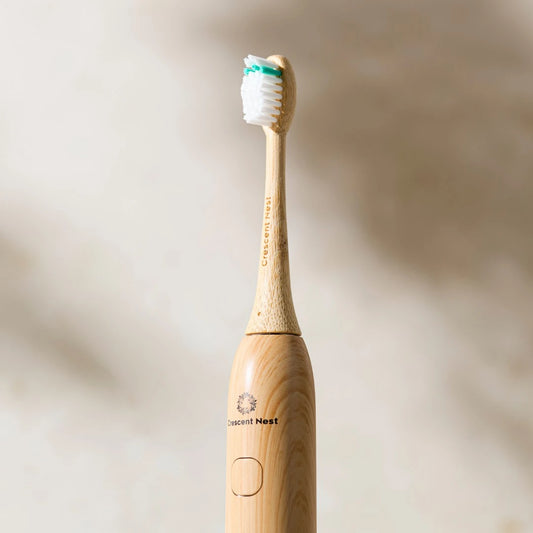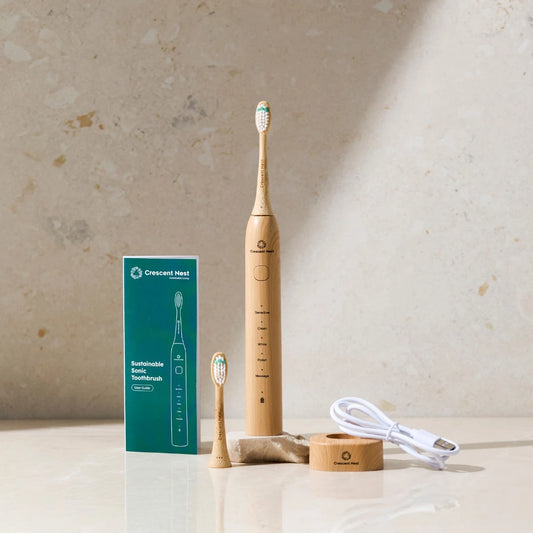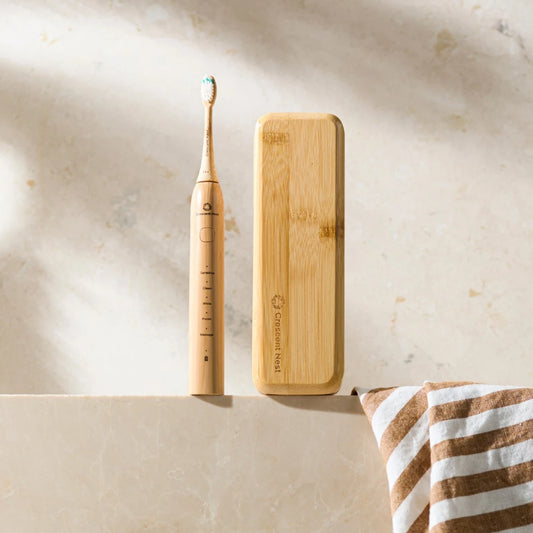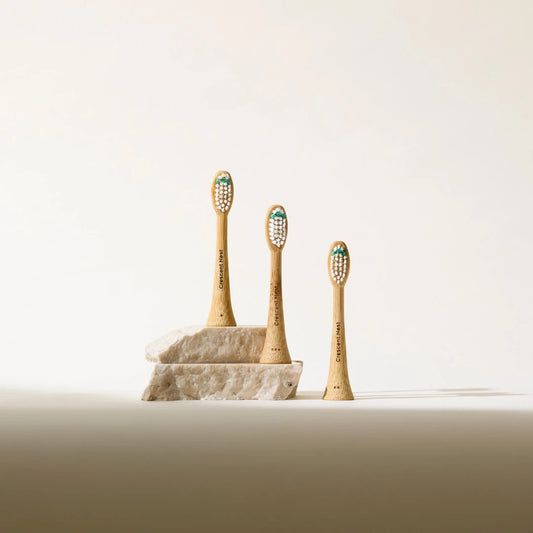
Tooth Loss and Brainpower
Share
If you’ve heard rumours that gum problems might hurt your brain, here’s the data to back them up. An open-access paper in Nature Scientific Reports followed 56,738 Indian adults aged 45+ and found a clear connection between missing teeth and lower cognitive scores. It’s the largest analysis to date in a low- and middle-income setting, adding serious weight to earlier Japanese, Chinese and Brazilian findings.
Key Numbers You Shouldn’t Ignore
|
Oral-health measure |
Impact on thinking skills (after adjusting for age, income, education, chronic illness, depression) |
|
Total tooth loss |
Average cognition score dropped 0.65 points versus people with a full set of teeth |
|
Partial tooth loss |
Still harmful: 0.36-point decline |
|
Three or more active oral problems (e.g., bleeding gums + loose teeth) |
Mixed result: small positive bump that needs more study |
Translation: fewer teeth, slower brain.
The Biology Behind the Numbers
- Chewing & Nutrition
Less bite force → fewer crunchy fruit and veg → lower intake of antioxidants that protect neurons. - Chronic Inflammation
Untreated gum infection releases inflammatory molecules that can accelerate Alzheimer-related damage. - Sensory Stimulus
Chewing boosts blood flow and nerve input to the hippocampus—your brain’s memory control centre. Lose teeth, lose stimulation.
Action Plan: Four Moves to Guard Your Brain
- Brush twice a day, consistently.
Use a sustainable electric toothbrush with a pressure sensor; it removes plaque more effectively than manual brushing while keeping your eco footprint light. - Swap heads every three months.
Worn bristles miss plaque and can damage gums. Crescent Nest’s bamboo heads snap on and compost after use no plastic guilt. - Floss or water-floss daily.
Interdental plaque is the breeding ground for inflammation. - Treat decay early.
Tooth pain today is cognitive risk tomorrow; book the dentist before it becomes an extraction.
FAQs
Does missing teeth really raise dementia risk?
Large cohort studies and a 300,000-person meta-analysis say yes. Tooth loss isn’t destiny, but it’s a clear marker and potentially a driver of faster decline.
Implants or dentures do they help?
Restoring chewing function appears to slow the slide, but implants don’t remove the need for immaculate oral hygiene.
Is an eco friendly electric toothbrush as good as mainstream brands?
Yes. Crescent Nest’s eco-friendly electric toothbrush delivers sonic cleaning on par with top plastic models while cutting landfill waste by up to 85 %.
Protect your teeth today to protect your cognitive edge tomorrow. Upgrading to an eco-friendly oral-care routine isn’t a feel-good trend, it’s a science-based brain-health strategy.
Explore the Crescent Nest Sustainable Sonic Toothbrush and give both your smile and your neurons a longer life.



